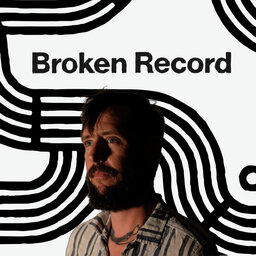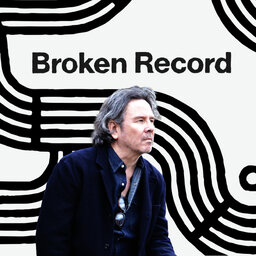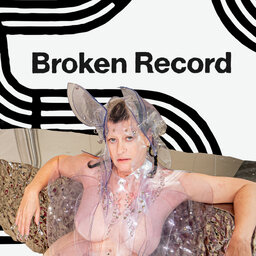Roger McGuinn
Roger McGuinn is best known as the driving force behind The Byrds. But McGuinn is also a preservationist of traditional folk music. For the past 27 years he’s been re-recording traditional folk songs and sharing them on a section of his website called The Folk Den.
On today’s episode Rick Rubin talks to Roger McGuinn about his decades-long career, which started in the early ‘60s at Greenwich Village cafes where he played with the likes of Bob Dylan and Richie Havens. McGuinn reminisces about the vibrant music scene in LA, and he also talks about meeting his Byrd’s bandmate David Crosby.
We’ll also hear Roger McGuinn play his guitar throughout the interview, and talk about how playing basketball with Bob Dylan helped inspire Dylan’s storied tour, the Rolling Thunder Revue.
You can hear a playlist of some of our favorite Roger McGuinn and The Byrds songs HERE.
 Broken Record with Rick Rubin, Malcolm Gladwell, Bruce Headlam and Justin Richmond
Broken Record with Rick Rubin, Malcolm Gladwell, Bruce Headlam and Justin Richmond


